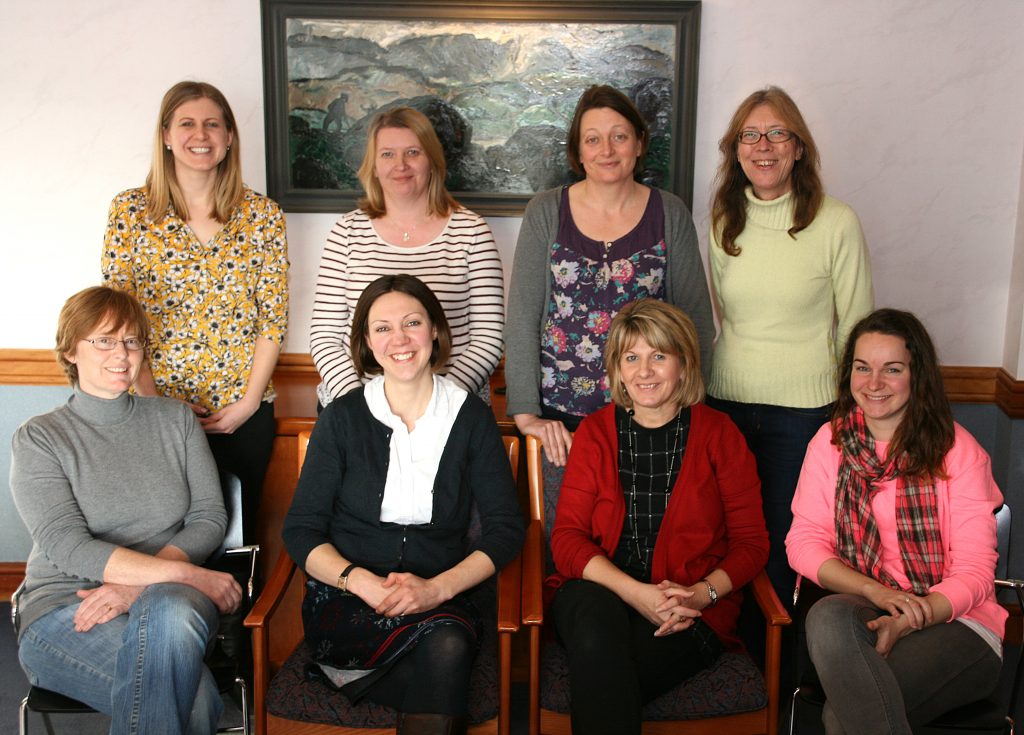In a study focusing on the experiences of fourteen newly formed adoptive families in the UK, we explored what influenced the decision-making processes for parents who chose to adopt older children. Older children were defined in the research as children who are aged four and over when they arrived in their new adoptive homes.
This group of families are important, because it is common for adoptive parents to express preferences for younger children, and therefore it can be difficult to find permanent homes for older children.
The assessment process
Prospective adoptive parents in the UK context are required to go through an assessment process. As part of the assessment process, prospective parents are required to undertake adoption preparation training where they learn about the potential needs of children who will be placed with them.
During this preparation and assessment process, prospective adoptive parents can express preferences around characteristics of their future child or children. This includes their preferences around the age of their future child or children. Parents described how deeply uncomfortable the process of making decisions about future children could be, as they were aware that any preferences they expressed would mean that they were ruling out other potential children, who were also in need of a permanent home.
During interviews with the parents from the new adoptive families, several parents noted that whilst they had started the process with a preference for adopting a young child or children, their preferences changed or shifted during the assessment process when they learnt about the needs and experiences of the children who were available for adoption.
Reasons for choosing older children
Several adopters in the study cited moral reasons for making the choice to adopt an older child, to give a child a chance to have a home that they may not otherwise have had. Older children were often adopted with their younger siblings, and parents also noted that they had made moral choice not to split up a sibling group. Adopting a sibling group, for some parents in the study, was a way to achieve their desired family size relatively quickly without having to navigate the (sometimes arduous) adoption process on multiple occasions.
Whilst for most parents in the study, the decision to adopt an older child was viewed as a positive and proactive choice, a small minority of parents explained that they had hoped to adopt younger children, but over time had changed their preferences reluctantly, due to the lack of availability of younger children, which meant that they had been waiting for some time to be matched with a child and to start their family.
One set of parents noted they saw adopting an older child was a way to ‘catch up’ with friends who already had children who were a similar age to their new daughter. Other parents noted that by adopting an older child they were able to gain a greater insight into what the child’s needs may be going forward, as developmental issues may already be apparent in older children, whereas these may be harder to spot in an infant.
Adoptive parents in the study often described their feelings of connection with their prospective child, even prior to them having met them, and they often described how they felt that they had been brought together by fate or destiny.
For more detail on the findings of this study, please see our forthcoming publication in Adoption and Fostering Journal Palmer, C., Coffey, A., and Rees, A. 2023. The motivations and decision-making processes of parents who adopt older children. Adoption and Fostering.
Dr Claire Palmer

I would like to thank our colleagues in the Wales Adoption Cohort Study for their work on the wider study from which the data outlined above are drawn. This includes Katherine Shelton, Sally Holland, Julie Doughty, Sarah Meakings, Heather Ottaway, Rebecca Anthony, and Janet Whitley.

This Blog is part of our ExChange conference, “Reframing Adoption”
To find more resources on this topic, check out the conferences below.

